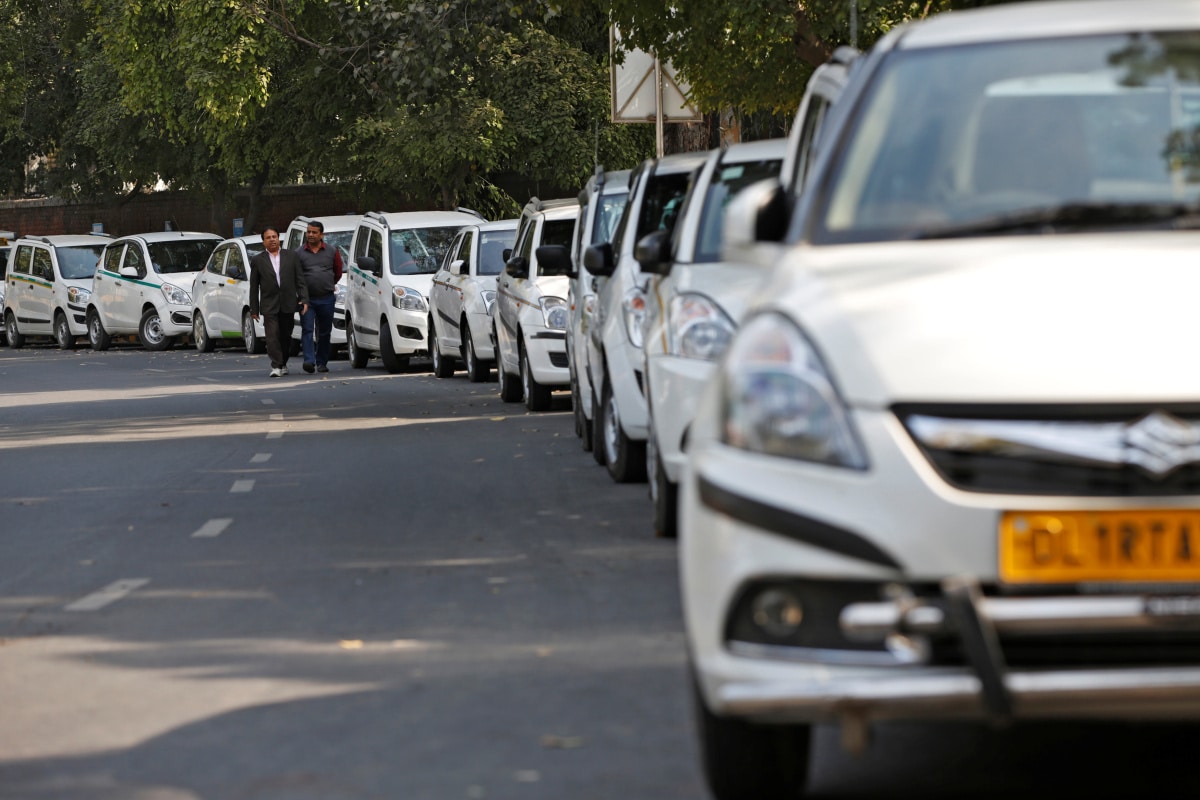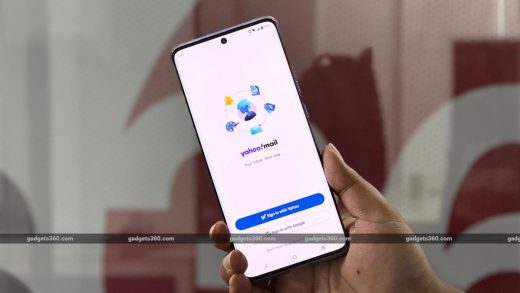
Delhi Environment Minister Gopal Rai on Wednesday said the city government’s transport department has been directed to ban app-based taxis “in accordance with the Supreme Court’s orders”.
Officials, however, pointed out that only a detailed order will make it clear if the ban will come into effect from this week or during the implementation of the odd-even car rationing scheme. Transport department officials said the plan is to implement the ban only during the odd-even period.
Industry insiders said they have not received any official communication from the transport department but claimed that banning the movement of these cabs will adversely affect commuters and also lead to an increased load on other modes of public transport.
The transport department will issue a detailed order on the matter and it will clear things, the officials said.
On Tuesday, the Supreme Court asked the Delhi government to consider allowing only locally registered taxis to ply on the city’s roads. It said a large number of taxis registered in other states were seen on the roads, carrying only one passenger.
“We may also note that there is a large number of app-based taxis in Delhi which have registrations in different states. If we look at the roads, each one is carrying only one passenger. We would like to know whether there is any way of monitoring, especially during this period of time, that only the taxis registered in Delhi are permitted to ply as an additional measure to control the pollution,” the apex court order stated.
Rai said during a press conference, “The court has said that taxis registered outside Delhi should be banned from entering Delhi. Directions have been issued to the transport department to ban app-based taxis from outside Delhi from entering the city.” The minister mentioned that the Supreme Court had also said diesel cars with orange stickers should be banned.
“We have asked the transport department to examine how many such vehicles are there. Under the GRAP guidelines, BS-III and BS-IV diesel vehicles are already banned and the transport department has been asked to examine how many BS-VI diesel vehicles are there and if they are banned and (if) odd-even is implemented what will be its impact,” Rai said.
“The transport department has been asked to prepare a comprehensive report and we will submit it in the Supreme Court on Friday,” he added.
The Graded Response Action Plan (GRAP) — a set of anti-air pollution measures followed in the Delhi-NCR region in the winter season — classifies actions under four different categories – Stage I – ‘Poor’ (AQI 201-300), Stage II – ‘Very Poor’ (AQI 301-400), Stage III – ‘Severe’ (AQI 401-450), and Stage IV – ‘Severe Plus’ (AQI > 450).
A senior government official said the transport department will issue a detailed order, laying down the guidelines. That order will make it clear whether the ban will kick in from this week or become effective during the implementation of the odd-even formula.
The Delhi government on Wednesday said the odd-even car rationing scheme will be implemented in the national capital after the Supreme Court reviews its effectiveness and issues an order.
“The ban will be there on app-based taxis registered outside Delhi only during the period of implementation of the odd-even car rationing scheme,” said a transport department official.
However, a third official said the transport department may implement a partial ban on app-based taxis registered outside Delhi during implementation of the odd-even scheme, allowing odd-numbered cabs to ply on odd days and those with even registration numbers to ply on even days.
A final call on this will be taken following the Supreme Court’s directions on the odd-even scheme’s implementation.
Industry sources close to the matter said there is no official order from the transport department at the moment. They added that all app-based cabs run on CNG and help reduce private vehicle congestion.
“Banning such cabs will mean more private petrol and diesel vehicles on roads. This will also put undue pressure on other means of public transport and impact daily commuters adversely,” they said.
Cab aggregator Uber said in a statement, “While we have not received any order from the transport department, we want to reiterate that all the cars on the Uber platform in Delhi are CNG or electric and shared mobility helps more people commute in fewer cars.”


